The visit of Haman is not going to be the reason that encourages you to take a trip to Jordan , where other places will be those that arouse your main interest.
visit the lost city of Petra , the desert of Wadi Rum , or the remains of the Roman city of Jerash or take a bath in the Red Sea or the Dead Sea .
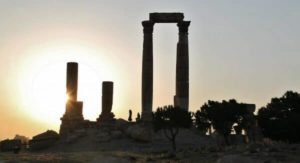
But in your passage through Amán , city that your flight will surely arrive, you should take the opportunity to visit the Ciudadela , an archaeological site where you can learn about the long history of this territory that we now know as Jordan .
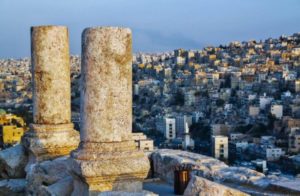
The Citadel is located on top of one of the many hills where the capital of Jordan extends .
Amman is a city where now one and a half million people live, where you will find areas with modern buildings.
But its historic center, whose main enclave is the aforementioned Ciudadela , shows a conglomeration of low houses arranged on the slopes of the hill.
History of the Amman Citadel
From the moment you enter the citadel you discover the long history of Amman, an enclave known in the Iron Age as Rabbath-Ammon .
So you can see it in the large stone plates where they show the names that the city has had during different times.
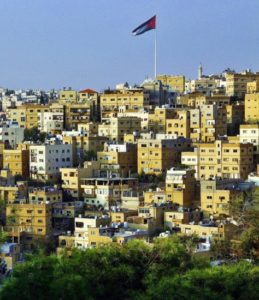
Thus, during the Nabatean civilization , from 312 BC it was renamed Philadelphia , and there, in 63 BC, the Romans arrived , which were until 324 AD, when the Byzantine civilization was established .
The city became known as Amman in 635 AD, with the arrival of the Umayyads , a dynasty after which other civilizations arrived until in 1917 the Ottomans left the current capital of Jordan.
What to see in the Citadel of Amman
Now during your visit to the Citadel of Amman you can see remains of a first wall that dates back to the end of the Iron Age , raised to protect this enclave from invasions.
In Roman times , and later, during the Umayyad occupation , the wall was extended to be little more than a mile in length.
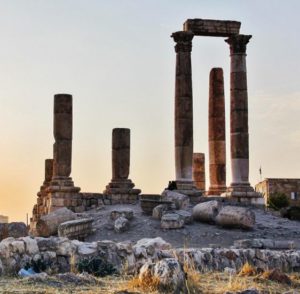
Finally, the wall of the Citadel was almost completely destroyed after a strong earthquake in 749 AD
Undoubtedly, the most emblematic place today of this archaeological site of the Citadel is the Temple of Hercules , built by the Romans in 161 AD
And if you also have the opportunity to be during the sunset, as coincided when I visited the Citadel , you will see enhanced the greatness that surely this temple had in its time.
During the walk through the Citadel you will find viewpoints with excellent panoramic views of the historic center of Amman .
From there you will also see the Roman theater that stands at the foot of the hill, next to one of the most central and busy streets.
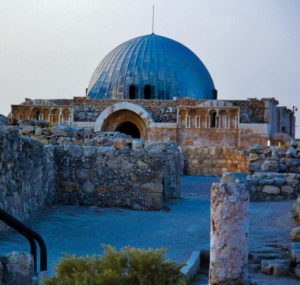
In the Ciudadela you can also see the remains of the palace of the Umayyad, which dates from the years 720-750 AD, whose bronze dome is currently being restored by Spanish archaeologists.
And also those of a Byzantine church of the fifth century, with some Corinthian columns.
In short, the traces of civilizations that have marked the history of the current Amman .
 Countries To Travel Travel Tips and Plans
Countries To Travel Travel Tips and Plans


